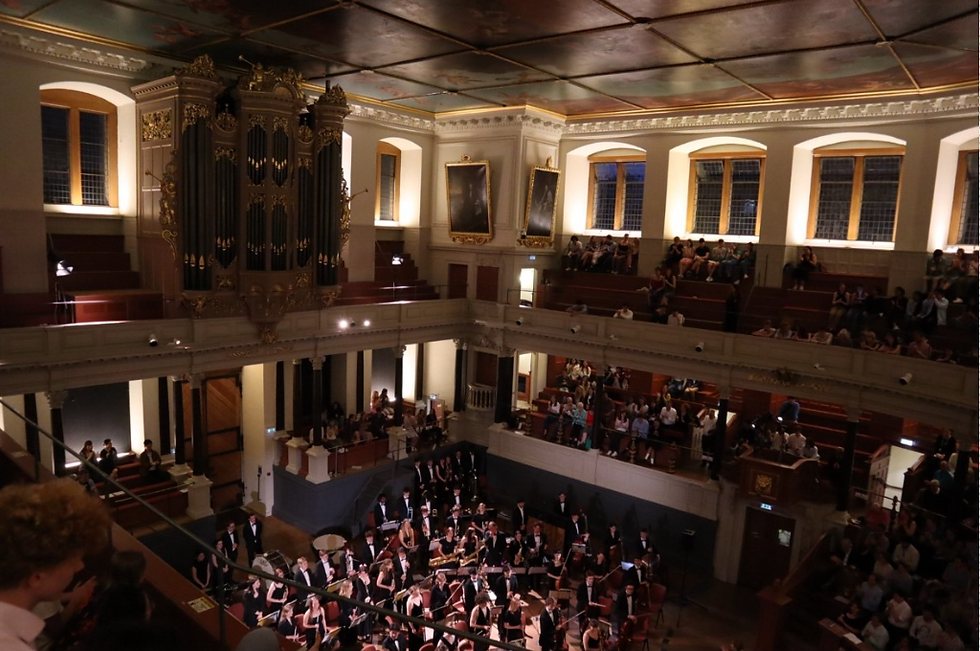SIX The Musical Visits Oxford
- Evie Brenkley

- Aug 28, 2021
- 2 min read
Claire Frampton explores the blend of the historical and the contemporary in the new hit musical SIX, performed at the Oxford Playhouse.
SIX is a contemporary interpretation of the stories surrounding Henry VII’s six wives, written by Toby Marlow and Lucy Moss. Although, in the linear narrative of the life of the King, the wives appeared separately, they all appear together in this show and share their stories together through music. Presented as a all-female pop group, with a “Girl Power” vibe, they seem a million miles away from the origin of the characters as the wives of a Tudor king. The empowerment of female characters is a counterpoint to the famous rhyme “Divorced, beheaded, died. Divorced, beheaded, survived”, and the King doesn’t feature as an onstage character at all. The spoken rhyme is the opening line of the show, and the word “survived” seems to be an impetus throughout: it presents the women as live characters.
The combined musical themes of Tudor and contemporary are reflected in the costumes and set design, which have a Tudor influence with a contemporary twist. For instance, the set resembles the inside of a historical religious building, such as a chapel. As the audience entered the auditorium, a harpsichord played introductory music with contemporary pop tunes, setting the tone for the production.
The first song- sung by the Queens- is Ex-Wives, which introduces the themes of the show. The website sixthemusical.fandom.com states that “The instrumental breaks in the song are a techno version of Greensleves, an English folk song which was rumoured to have been written by Henry VIII for Anne Boleyn”. This is an example of the ways historical and contemporary meanings are blended in the show, including a song thought to be written by the King for one of his wives. It is an example of how historical music can be made exciting for contemporary audiences. The lyrics describe what audiences are about to experience as a retelling of stories people thought they had already heard; a reinterpretation of stories most English people will be familiar with. The words state that the performer will take a microphone and ‘overthrow’ history, referencing contemporary technologies relating to music.
The global success of the show was reflected in the seemingly full house at the Playhouse, with crowds queuing to buy merchandise, etc. Oxford was specially referenced in the show, a nice touch since there was such a strong audience turnout.







web
good
1
1
1